Damned If You Do, Damned If You Don’t (Shave Pubic Hair)
Posted on November 21, 2018 by Jessie Sage
Originally published in Pittsburgh City Paper.
In the early 2000s, at nine months pregnant, I went to have my eyebrows threaded. I told the esthetician that my baby was due in a week, and she asked me if I wanted to add a Brazilian wax. Tired, uncomfortable, and not in the mood, I shrugged it off, saying I would come back after the baby was born. She raised an eyebrow, expressing her disapproval.
While I wasn’t particularly interested in her unsolicited opinions, her reaction caused me to wonder about the norms and expectations around pubic hair. Did doctors and nurses in the maternity ward expect that sort of grooming? Did everyone else?
While salons offering Brazilian waxes started popping up in the 1990s, they became mainstream in the early 2000s, popularized in part by Sex and the City.
A decade later, I remember listening to Dan Savage’s podcast Savage Lovecast while getting ready for work. A caller commented on the pressure that women feel to maintain an entirely shaven aesthetic, and Savage said Brazilians would eventually fall out of fashion and that “bush” would come back. I thought to myself, “Man, I can’t wait for that day!”
I longed for bush to come back not because I have a strong opinion about what women should or should not do with their bodies—quite the opposite: The Brazilian went from being a trend—one option among many—to an expectation. I wanted women (myself included) to feel free to make choices about their bodies without fear of negative consequences. I was frustrated hearing so many stories of women, particularly young ones, whose partners refused to perform oral sex, or shamed them in other ways, unless they were bare.
Today, bush is springing back on to the scene. It’s a vibrant, growing niche in independent porn. Many of my friends and colleagues, recognizing the demand, market their work with tags like “hairy” and “bush.” Similarly, while managers of strip clubs have historically had rules about shaving, this has loosened over the past few years. A dancer friend of mine commented, “I have big gorgeous hair that goes with my big gorgeous bush, so the work is a complete look for me.” And in popular culture, it is worth noting that full bush is both seen and discussed on HBO’s The Deuce, whereas it was conspicuously absent in Game of Thrones.
Still, a decision that should be a matter of personal preference feels fraught to many women. Indeed, just this week a college student told me, “Every time I am in the shower and think about shaving or not, I feel like I am making a political choice.”
Choosing not to shave means fighting against cultural norms that tell women we are unclean or less desirable. However, it can also signal a queer aesthetic, a refusal to participate in oppressive standards of beauty. Choosing to shave garners praise, but it also means being accused by other women of infantilizing ourselves for the pleasure of men.
It’s a no-win situation. In both cases women’s bodies are over-policed. Personally, I am happy to see bush coming back, but I hope it remains one option among many.
Peepshow Podcast:
This week on the Peepshow Podcast, we had the pleasure of speaking with Danielle Blunt, an NYC-based Dominatrix, full-spectrum doula, sex worker rights activist, and former care coordinator with the Persist Health Project in New York.
Persist is a peer-led community-based health organization that works to link people in the sex trades with affirming and affordable health care.
As a care coordinator, Blunt’s job was to work one-on-one with sex workers: advocating for them, making appointments, and helping them to negotiate the complex medical system.
A doula is someone trained to assist women through the process of labor and childbirth. While not medical professionals, they provide informational, physical, and emotional support, interfacing between the patient and the medical staff. Full spectrum doulas, such as Blunt, also provide service for women experiencing miscarriage, termination, and abortion.
Blunt talks about how being a doula, as an orientation of care, informs every aspect of her work, including her past work at Persist. Indeed, for sex workers and other marginalized folks who feel powerless in the face of massive medical institutions, having someone hold their hand through the process of accessing care, in the way a doula would hold a patient’s hand through birth or procedures, can make all of the difference.
For more on Blunt’s work, and why it is necessary, listen to our interview at www.peepshowpodcast.com/peepshow-podcast-episode-32
